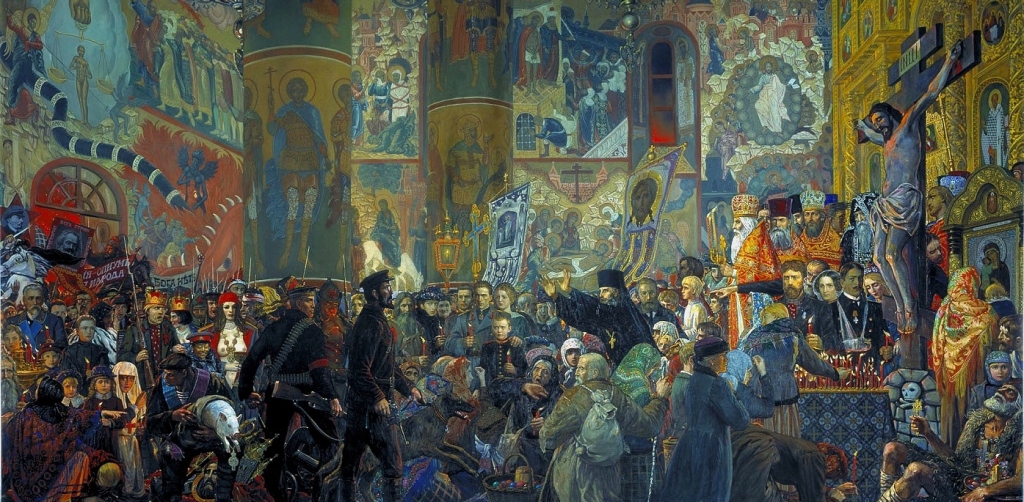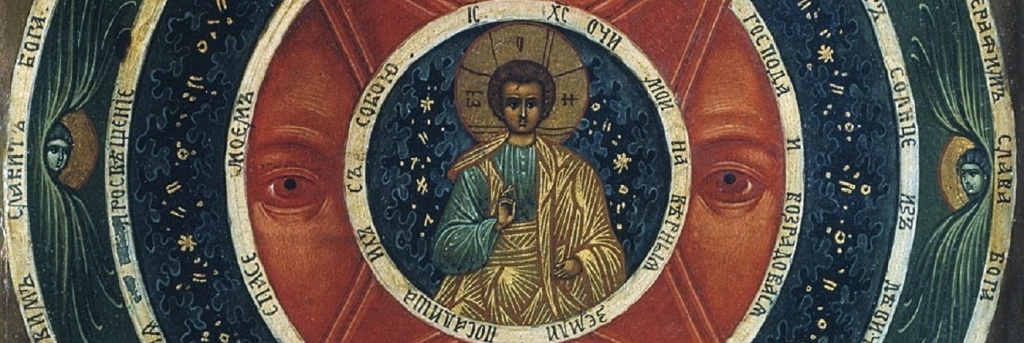Tag: Fyodor Dostoevsky
-

Dostoevsky on Dark Charisma
In his work Dostoevsky and the Metaphysics of Crime, sociologist Dr. Vladislav Arkadyevich Bachinin analyzes the human personality and the dark side of its spiritual potential through the prism of Fyodor Dostoevsky’s work Demons. Translated by Mark Hackard. The metaphysical “I” is capable of bringing the personality far beyond the limits of those possibilities that the…
-

Dostoevsky on Russia’s Mission
Philosopher Nikolai Onufriyevich Lossky (1870-1965) outlines Fyodor Dostoevsky’s vision of Russia’s transcendent mission – to bring the world to the God-Man Christ, Whose fullest expression is found in the ancient faith upheld by Byzantium and adopted by Grand Prince Vladimir in 988. Salvation comes from the East. Translated by Mark Hackard. Knowing the deep religious basis of…
-

Globalist Jihad
The January 7th murder of twelve people at the offices of the satirical newspaper Charlie Hebdo in Paris, purportedly by a cell of radical Muslims, has shocked not only French society, but the entire Western world. Indeed, the luminaries of the “international community” have risen up in outrage. The act represented an unprecedented assault on…
-

Android Existence
In his classic, prophetic novel Do Androids Dream of Electric Sheep, American science-fiction writer Philip K. Dick depicted a future dystopia where the only way to determine the difference between humans and rogue, bio-engineered androids was empathy: the latter were incapable of experiencing and thus demonstrating it. In our own particular time, however, merely a few…
-

High-Tech Paganism
In this interview with Russian journalist Konstantin Kachalin, international award-winning Serbian film director Emir Kusturica shares his thoughts on man’s spiritual trajectory, the kinship between the Serbian and Russian peoples, Western materialism, and international capital’s lifeblood – war. Kusturica, born into a Bosnian Muslim family, was baptized into Orthodoxy in 2005, thereby returning his lineage to its…




